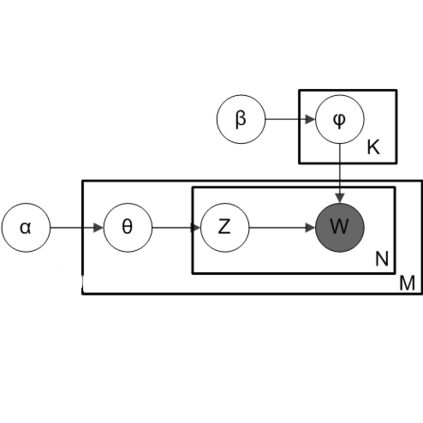Much like the classical Fisher linear discriminant analysis (LDA), the recently proposed Wasserstein discriminant analysis (WDA) is a linear dimensionality reduction method that seeks a projection matrix to maximize the dispersion of different data classes and minimize the dispersion of same data classes via a bi-level optimization. In contrast to LDA, WDA can account for both global and local interconnections between data classes by using the underlying principles of optimal transport. In this paper, a bi-level nonlinear eigenvector algorithm (WDA-nepv) is presented to fully exploit the structures of the bi-level optimization of WDA. The inner level of WDA-nepv for computing the optimal transport matrices is formulated as an eigenvector-dependent nonlinear eigenvalue problem (NEPv), and meanwhile, the outer level for trace ratio optimizations is formulated as another NEPv. Both NEPvs can be computed efficiently under the self-consistent field (SCF) framework. WDA-nepv is derivative-free and surrogate-model-free when compared with existing algorithms. Convergence analysis of the proposed WDA-nepv justifies the utilization of the SCF for solving the bi-level optimization of WDA. Numerical experiments with synthetic and real-life datasets demonstrate the classification accuracy and scalability of WDA-nepv.
翻译:暂无翻译



